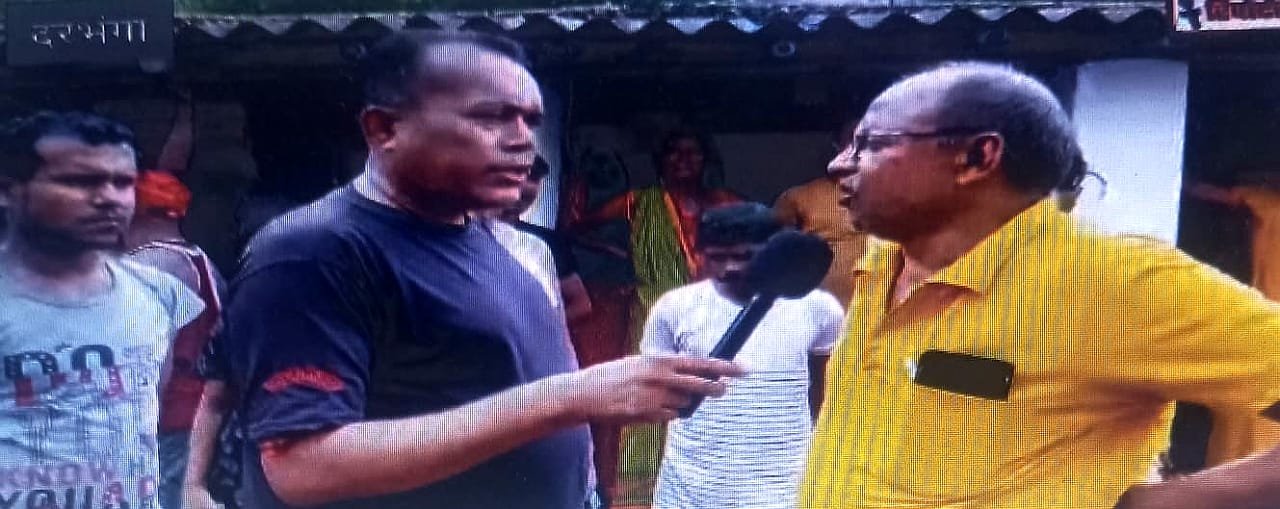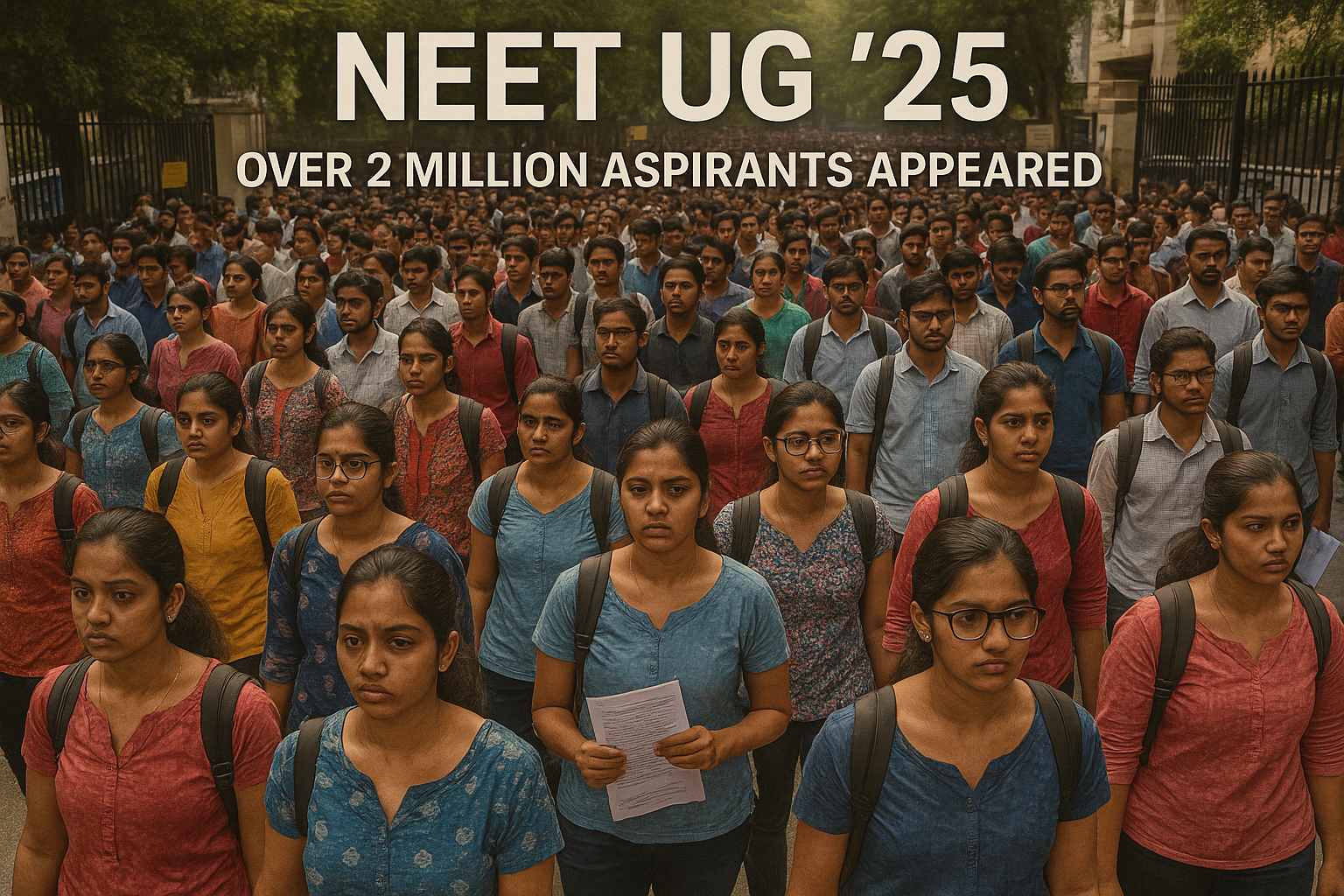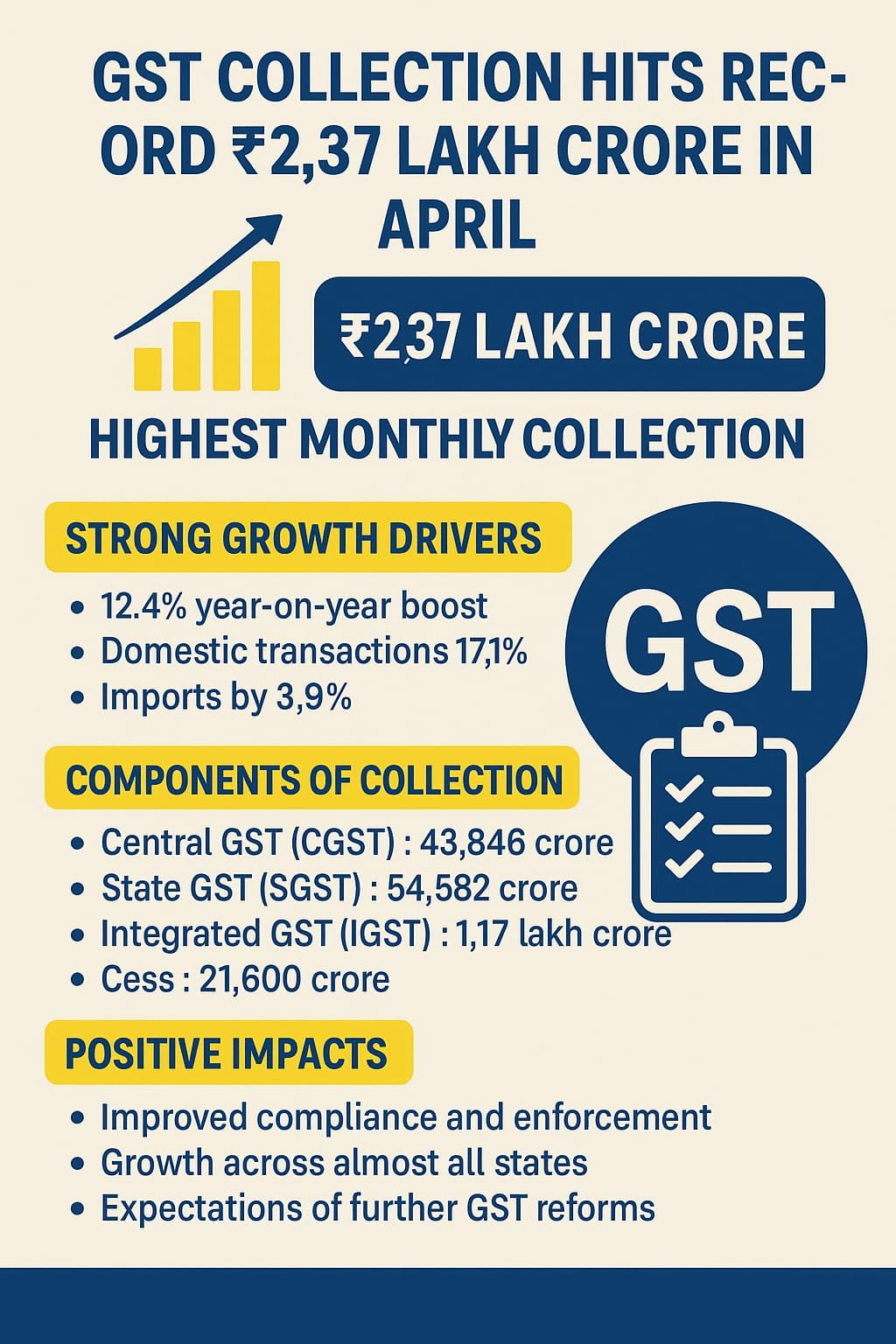
India’s socio-political landscape can be broadly divided into two groups: one group that holds power and becomes corrupt while supposedly working for the welfare of society, and another group that is waiting for its chance to do the same once it gains power. This cycle of greed and opportunism plays out even in the most critical schemes aimed at alleviating poverty, such as the government's free ration distribution program for Below Poverty Line (BPL) families. In Bihar, where poverty and unemployment dominate, corruption has infiltrated these schemes, further disadvantaging the very people they are designed to help.
The Indian government has implemented various welfare schemes to uplift the poorest citizens, including the provision of free food grains to BPL families. In rural Bihar, families earning less than INR 24,000 annually qualify for these benefits. One of the most significant relief measures has been the free monthly distribution of 10 kg of food grains, which proved especially vital during the COVID-19 pandemic. This initiative was extended to ensure some form of relief for the struggling rural population.
However, the integrity of this distribution system has come under severe scrutiny. The government relies on local dealers, chosen by panchayats, to distribute the food grains. Unfortunately, these dealers have been found to pilfer from the supply, taking between 500 grams to 1 kilogram as "commission" for themselves. This open display of corruption is not only rampant but is also openly acknowledged by the dealers. Despite the fact that the government bears all the costs of food grain distribution, the dealers justify their actions, calling their commissions a necessary practice to ensure smooth operations.
Satyendra Narayan Singh, a ration dealer from Harinagar Panchayat in Darbhanga district, Bihar, made no effort to conceal his corrupt practices. He stated bluntly, "Every dealer in the district takes a commission for providing free rations. Some take 1 kilogram, but I only take 500 grams." His justification? “We don’t receive the full quantity from the government, so it becomes difficult to give the promised amount to the people.”
This candid admission was met with outrage from locals like Laganji, who expressed their frustration: "We have no place to complain. The local administration turns a blind eye to this corruption." This is all happening in a state led by a Chief Minister who has long been hailed as "Sushasan Babu"—a symbol of honest governance and effective administration. Yet, this episode starkly contrasts with the image of transparent leadership that has been cultivated over the past two decades.
As Bihar grapples with systemic corruption in its food distribution network, the question remains: Will the government take meaningful action to address the issue and restore trust in its welfare programs, or will this corruption continue to undermine the very people it is meant to support?
The case of corruption in rural Bihar highlights the severe gaps in the implementation of welfare schemes and the urgent need for accountability in public distribution systems. While Bihar’s leadership boasts of efficient governance, such widespread corruption undermines the credibility of the state's welfare efforts, leaving the poor even more vulnerable to exploitation.











.jpeg)








.jpeg)
